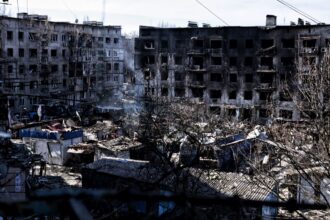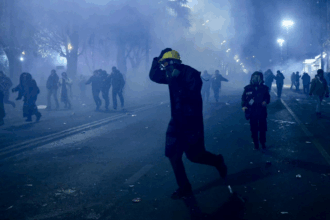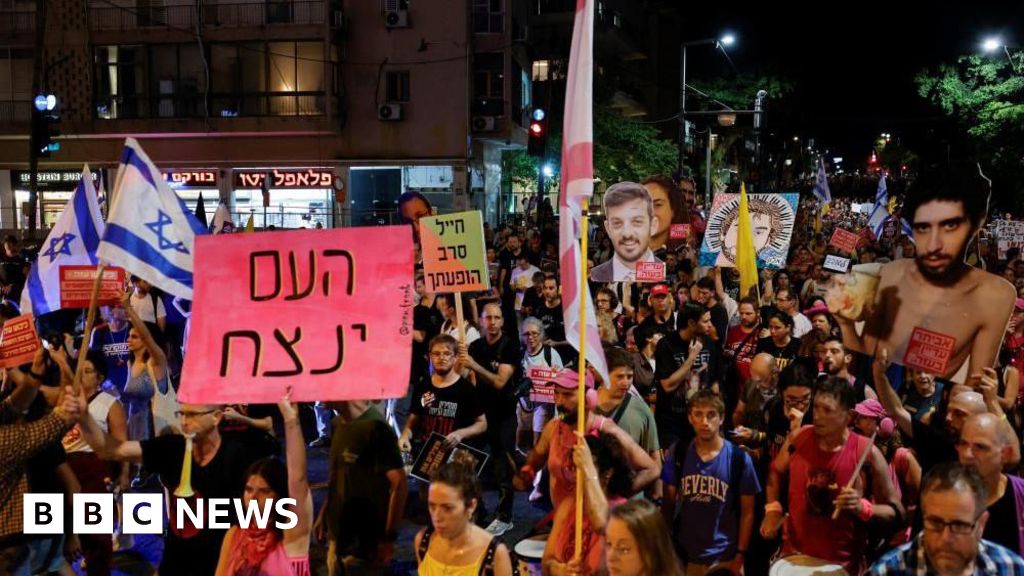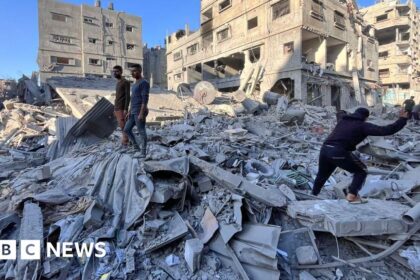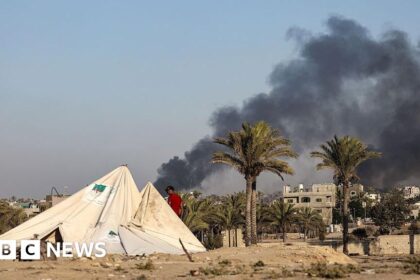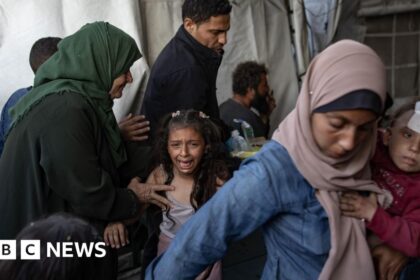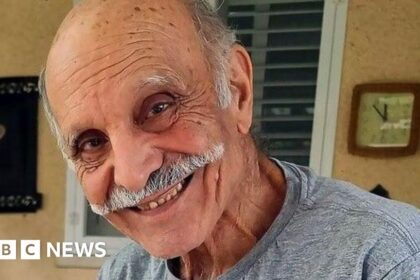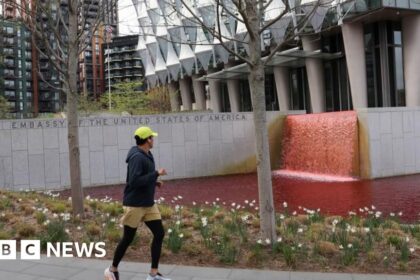**Israeli Plan to Take Control of Gaza City Causes Concern Among Hostage Families**
The Israeli government’s decision to take control of Gaza City has sparked concerns among families of hostages being held by Hamas. The announcement, made on Friday, was met with a 10-hour security cabinet meeting that resulted in a majority vote to approve the plan.
**Abandoning Hostages?**
The Hostages and Missing Families Forum Bring Them Home Now expressed concern that this decision would mean abandoning their loved ones at Hamas’ mercy. “By choosing military escalation over negotiation, they are leaving their hostages at Hamas’ disposal,” the group stated.
For families like the Angrests, who have been waiting for 1 year and 10 months to be reunited with their son Matan-Angrest, this decision is devastating. Anat Anrest, Matan’s mother, said that the only way to get the hostages back home is through a comprehensive agreement, not military action.
**Public Reaction Against the Plan**
According to Tal Schneider, a political reporter at the Times of Israel, there has been a huge public reaction against the plan in Israel. “All public polling indicates that the public is strongly against this step,” she told BBC Radio 4’s Today programme on Friday.
Even some Israelis who support taking action against Hamas are questioning the timing and approach. Talya Salzzman, an Israeli resident, said that bringing the hostages back home should be the top priority. “We’ve been trying to eliminate Hamas for over two years, but it doesn’t seem like there’s any real progress with this plan,” she told Reuters.
**Concerns for Hostages’ Safety**
The decision has also raised concerns about the safety of the remaining 50 hostages held by Hamas. Among them are 20 who are believed to be still alive. Yehuda, whose son Nimrod is one of the captives, said that Netanyahu’s decisions are endangering his son and the other living hostages.
**Read More**
To learn more about Israel’s plan to take over Gaza City and its implications for the hostages, families, and the broader conflict, visit the BBC News article here:
Read More @ www.bbc.com


